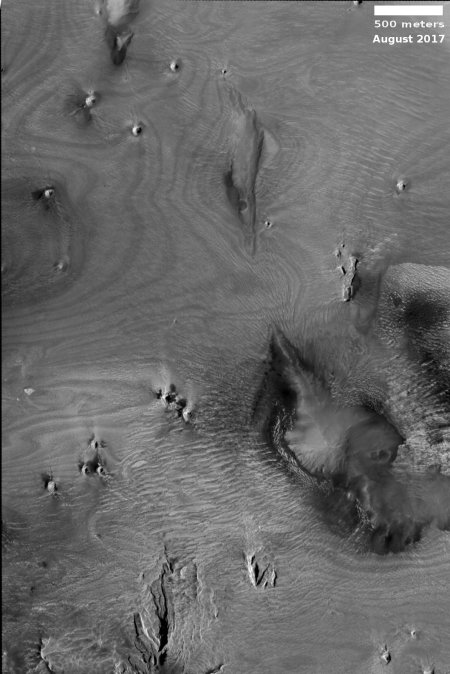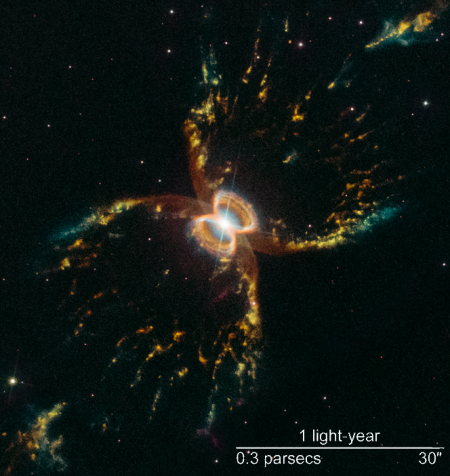Capitalism in space: The startup rocket company Relativity today announced the signing of a second launch contract for its as-yet untested Terran 1 rocket.
Relativity, the world’s first autonomous rocket factory and launch services leader for satellite constellations, today announced a partnership with mu Space, the innovative Thai satellite and space technology company, to launch a satellite to Low Earth Orbit (LEO) on Relativity’s Terran 1 rocket, the world’s first and only 3D printed rocket.
The first contract was with the well-established satellite company Telesat. The rocket, Terran 1, is scheduled for its first orbital test flight at the end of 2020.
So, where does Relativity stand among the leaders in the new smallsat commercial rocket industry? Let’s do a quick review.
Rocket Lab is of course far in the lead. It has launched four times, and its Electron rocket is now operational.
Second in this race is probably Virgin Orbit. The company has won several launch contracts, and says it will begin launch tests momentarily of its LauncherOne air-launched rocket.
Next comes Vector Launch, though some might argue it is ahead of Virgin Orbit. This company has obtained a large amount of investment capital, has completed two test suborbital launches, has a number of launch contracts, and hopes to do its first orbital launch later this year.
After these three companies there is a pack of rocket companies, all with investment capital, tentative launch contracts, and rockets that are only in the development stages. These include Exos Aerospace, Relativity, and Firefly, with Exos probably in the lead as it has already test flown its reusable SARGE suborbital rocket.
This list does not include the pseudo-private Chinese rocket companies, OneSpace, ISpace, LinkSpace, Landspace, and ExSpace, all of whom are independently developing smallsat rockets using Chinese investment capital but working under the supervision of the Chinese government. Several of these companies have attempted orbital launches. As yet none have succeeded.
Nor have I included India, which has announced it is going to build its own smallsat rocket to supplement its larger PSLV rocket in order to maintain its market share in this new smallsat industry. I also have left out a number of European companies, all of whom are far behind but nonetheless exist and are beginning development.
Other then the already-operating Rocket Lab, all of these companies are predicting their first rocket launches within the next three years. Some will succeed. Some will not. Nonetheless, the launch pace as we move into the 2020s is likely to get quite interesting.





